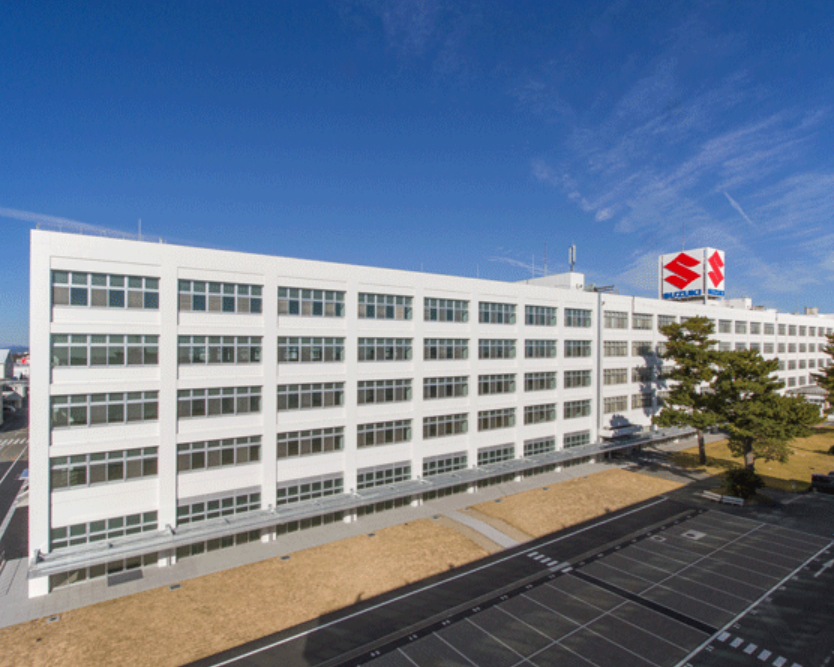Suzuki Motor Corporation has entered into a strategic partnership with the National Dairy Development Board (NDDB) and Banas Dairy to set up a fifth biogas production plant in Gujarat. This initiative, announced on July 26 at the Banas Dairy Sanadar Plant, aims to bolster rural mobility using biogas, marking a significant step towards carbon neutrality in India.
The Partnership and Its Vision
The Memorandum of Understanding (MoU) was signed in the presence of prominent leaders including Banas Dairy’s chairman Shankar Chaudhary, NDDB’s executive director S Rajeev, and Suzuki Motor Corp’s president Toshihiro Suzuki. The event also saw participation from approximately 2,500 dairy farmers from nearby regions, highlighting the community’s engagement in this green initiative.
This collaboration is not just about biogas production but also about integrating biogas into rural transportation. By using biogas as fuel for Maruti Suzuki’s CNG vehicles, the partnership aims to provide clean, affordable transportation solutions to rural citizens, initially focusing on the Banaskantha district.
Expanding Biogas Production
Currently, Suzuki, NDDB, and Banas Dairy are working towards establishing four biogas production plants in Banaskantha. The newly signed MoU will pave the way for the fifth plant, enhancing the region’s capacity to produce biogas from dairy waste. This aligns with India’s broader goals of reducing carbon emissions and promoting sustainable energy sources.
Enhancing Rural Mobility
The introduction of a rural mobility service powered by biogas represents a pioneering approach to sustainable transportation in rural India. By utilising locally produced biogas, this service will not only reduce the reliance on fossil fuels but also offer a cost-effective transport solution for rural communities. The initiative reflects a holistic approach to rural development, combining environmental sustainability with economic benefits for the local population.
Suzuki’s Commitment to Sustainability
Toshihiro Suzuki articulated the broader vision behind this initiative, stating, “By cooperating with Banas Dairy and NDDB, we will start two new businesses: biogas production plant and rural mobility service. Each member of the three parties will give out ideas to create a new model of lifestyle and contribute to the development of Banaskantha district.” This statement underscores Suzuki’s commitment to leveraging collaborative innovation to drive sustainable development.
Economic and Environmental Impact
The collaboration is poised to have a substantial economic impact on the Banaskantha district. By converting dairy waste into biogas, the project will create a new revenue stream for dairy farmers, who will supply the raw material for biogas production. This not only boosts the local economy but also helps in waste management, reducing the environmental footprint of dairy farming.
Community Involvement and Support
The presence of 2,500 dairy farmers at the MoU signing ceremony reflects the strong community support for this initiative. Their involvement is crucial for the success of the biogas plants, as the supply of dairy waste is a key input for biogas production. The project also promises to create new job opportunities in the region, further enhancing its socio-economic benefits.
Future Prospects
Looking ahead, Suzuki, NDDB, and Banas Dairy plan to continue promoting biogas and rural mobility initiatives. The success of the Banaskantha project could serve as a model for similar initiatives across India, contributing significantly to the country’s carbon neutrality goals. The partners are committed to exploring new ideas and expanding the scope of their collaboration to drive sustainable development in rural areas.
Suzuki’s collaboration with NDDB and Banas Dairy is a landmark initiative that integrates sustainable energy production with rural mobility. By focusing on biogas as a clean fuel, the project not only addresses environmental concerns but also supports economic development in rural Gujarat. This initiative exemplifies how strategic partnerships can drive innovation and sustainability, setting a precedent for future projects aimed at achieving carbon neutrality in India.



